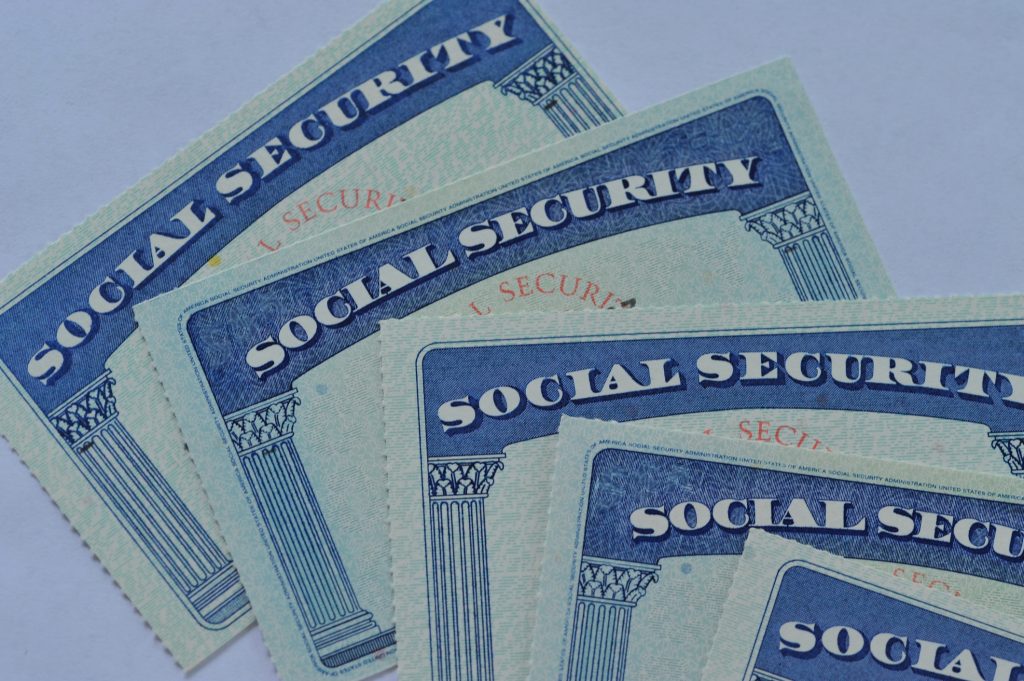Key Points
-
An emergency fund could come to your rescue when unplanned bills strike or you lose your job.
-
Having emergency savings isn’t just about protecting your near-term finances.
-
An emergency fund could be your ticket to preserving your nest egg.
You never know when you might roll out of bed only to find that your heat won’t kick on, your car won’t start, or your pet has littered your bedroom carpet with puke and is in clear need of an urgent visit to the vet.
Unplanned expenses can arise at any time. So can an unwanted layoff. For this reason, it’s important to equip yourself with a solid emergency fund at all times.
Where to invest $1,000 right now? Our analyst team just revealed what they believe are the 10 best stocks to buy right now. Continue »

Image source: Getty Images.
There’s some mixed news in that regard. Earlier this year, U.S. News & World Report found that 42% of Americans don’t have an emergency fund whatsoever. But a more recent Vanguard survey found that 71% of Americans plan to prioritize emergency savings this summer.
You might look at your emergency fund as protection against near-term financial upheaval. But a strong emergency fund could also be your ticket to preserving your retirement savings.
Short-term protection equals long-term success
It’s clear that an emergency fund could save you from taking on debt in the near term. If you’re laid off and have enough money to cover your bills until you find a new job, it spares you from having to charge those bills on a credit card and pay interest on a carried balance.
But that’s not the only benefit of having emergency savings. In the absence of an emergency fund, you may be inclined to tap your retirement nest egg early when a need for money arises. That could not only result in a 10% early withdrawal penalty but also leave you with a potential shortfall later in life.
Say you don’t have an emergency fund, you’ve already maxed out your credit cards, and your only available financial resource is a $20,000 IRA. Raiding that account to cover an unplanned bill or cope with unemployment could whittle that balance down substantially, leaving you in the lurch once retirement rolls around.
And if you’re thinking, “I’ll put back any money I take out of my retirement savings once my situation stabilizes,” think again. It’s a good thing to aim for, but it may not happen. And you can’t afford to take that risk. A better bet is to make sure you have an emergency fund so you’re able to leave your 401(k) or IRA alone when you’re not supposed to be tapping it.
Should your emergency fund trump your retirement savings?
Believe it or not, it should. It’s extremely important to contribute regularly to an IRA or 401(k). The more time you give your nest egg to grow, the more wealth you’re likely to accumulate ahead of retirement.
But it’s a dangerous thing to leave yourself without access to money to pay for unexpected expenses. So if you don’t have an emergency fund, before you contribute to a retirement account, boost your near-term savings instead.
In fact, you should know that an emergency fund isn’t just something working people need. You should always have a robust emergency fund in retirement in case you have an immediate need for cash and it’s a bad time to sell assets in your portfolio.
How much of an emergency fund should you aim for?
The answer depends on whether you’re working or retired. If you’re working, you probably want enough to cover at least three to six months of essential expenses. The logic is that a savings balance that large gives you time to find a job in the event you become unemployed.
If you’re retired, it’s generally a good idea to have one to two years’ worth of living expenses in cash. You could call that your emergency fund or call it the cash portion of your portfolio — it doesn’t matter. The key is to have money that’s available to you at all times and isn’t subject to fluctuations in value like stocks or even bonds are.
With living costs being as high as they are today, putting money into savings is not an easy thing for a lot of people. But it’s important to build yourself an emergency fund if you’re lacking in that area — for the sake of your near-term finances as well as your future.
The $23,760 Social Security bonus most retirees completely overlook
If you’re like most Americans, you’re a few years (or more) behind on your retirement savings. But a handful of little-known “Social Security secrets” could help ensure a boost in your retirement income.
One easy trick could pay you as much as $23,760 more… each year! Once you learn how to maximize your Social Security benefits, we think you could retire confidently with the peace of mind we’re all after. Join Stock Advisor to learn more about these strategies.
View the “Social Security secrets” »
The Motley Fool has a disclosure policy.
 marketbeat.com
marketbeat.com fool.com
fool.com benzinga.com
benzinga.com



